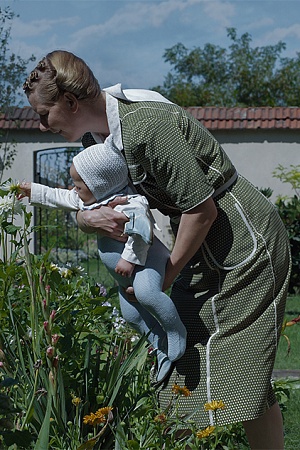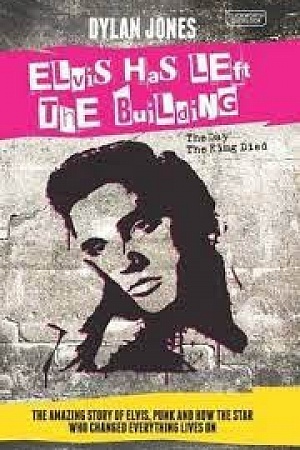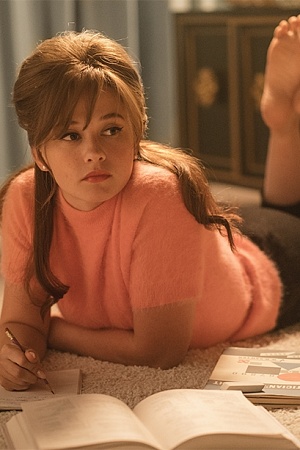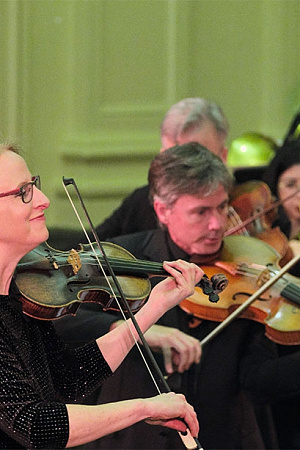La Belle et la Bête, The Triplets of Belleville, and David Bowie: Nothing has changed (Melbourne Festival)
In the notes accompanying this year’s Melbourne Festival, artistic director Jonathan Holloway stated that his diverse program was designed to ‘puncture the creative borders between artforms’. The concept of artistic cross-fertilisation is hardly new, nor does it always result in something worth experiencing (think most comic book film adaptations), but three notable Melbourne Festival presentations injected new life into classic, quirky, and much-loved works by pairing them with world-class live musical ensembles and orchestras.
Composer Philip Glass’s foray into film and music gave rise to an opera triptych in the 1990s, dedicated to three films by Jean Cocteau: Orphée (1949), La Belle et la Bête (1946), and Les Enfants Terribles (1950). La Belle et la Bête, based on the classic fairy tale by Jean-Marie Leprince de Beaumont, was shown in all its gorgeous black-and-white glory to a full house at the Melbourne Recital Centre (★★★★1/2).
Continue reading for only $10 per month. Subscribe and gain full access to Australian Book Review. Already a subscriber? Sign in. If you need assistance, feel free to contact us.











Leave a comment
If you are an ABR subscriber, you will need to sign in to post a comment.
If you have forgotten your sign in details, or if you receive an error message when trying to submit your comment, please email your comment (and the name of the article to which it relates) to ABR Comments. We will review your comment and, subject to approval, we will post it under your name.
Please note that all comments must be approved by ABR and comply with our Terms & Conditions.